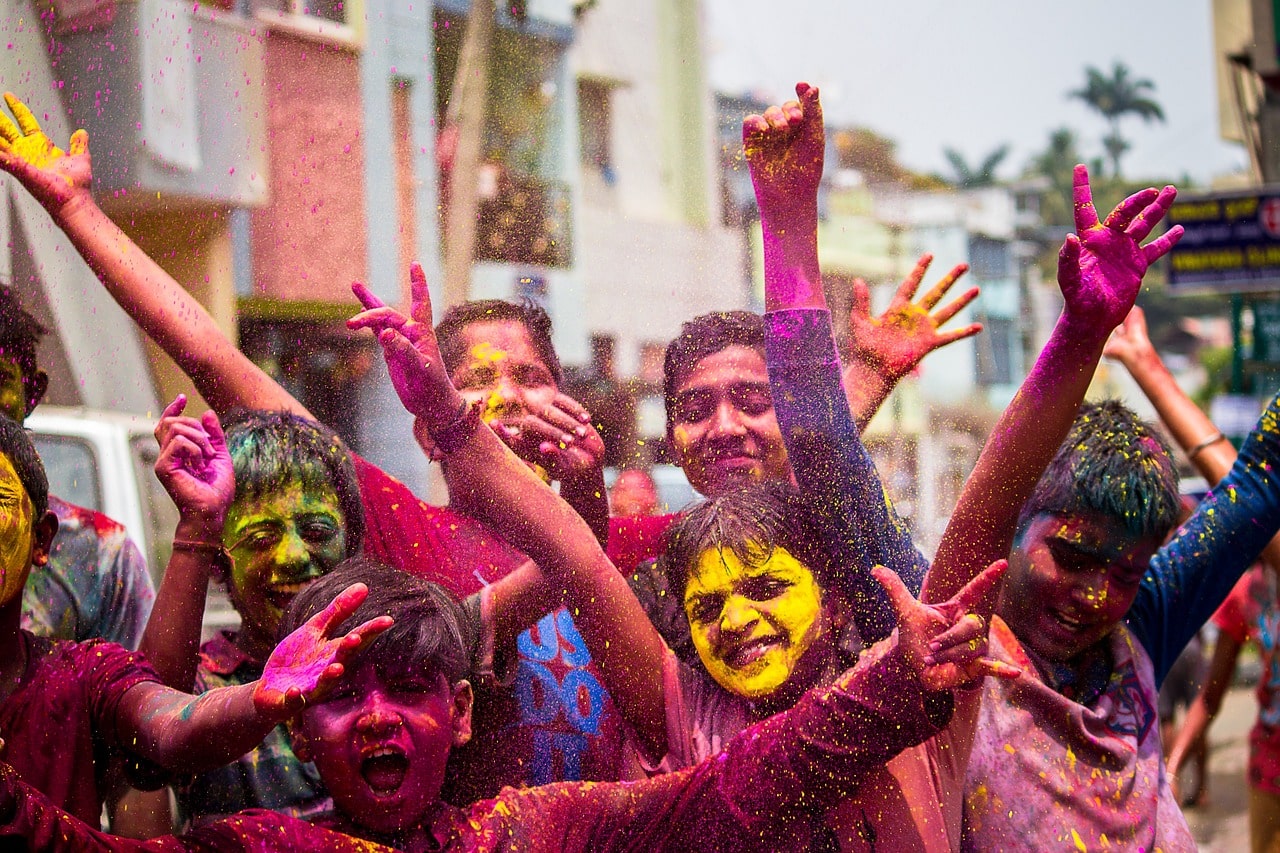Mangalore, a coastal city in Karnataka, is renowned for its cultural richness and vibrant festivals. Among the myriad celebrations that mark this region’s calendar, Okuli stands out as a unique and deeply rooted tradition. Okuli festival, celebrated primarily in the Tulu-speaking coastal belt, offers a fascinating glimpse into the local customs and communal spirit that define Mangalore’s cultural landscape.
What is Okuli?
Okuli, also known as “Okuli Festival” or “Sankranti Okuli,” is a traditional harvest festival celebrated in Mangalore and its surrounding regions. The name “Okuli” is derived from the Tulu language, where it roughly translates to “the festival of harvesting.” It is celebrated on the day following Sankranti, which is a significant harvest festival in many parts of India.
The Origins and Significance
The origins of Okuli festival are deeply intertwined with agricultural traditions. The festival is essentially a way to mark the end of the harvest season and to give thanks for the bountiful yield. It is a time to express gratitude to nature and celebrate the fruits of labor with the community.
Historically, Okuli was also a time to honor the local deities and seek their blessings for continued prosperity. The festival reflects the symbiotic relationship between the people and their land, showcasing the region’s agrarian roots and cultural heritage.
Celebrating Okuli Festival: A Festive Affair
The celebration of Okuli festival is characterized by a unique and lively tradition: the throwing of colored powders. This aspect of the festival bears resemblance to Holi, yet it retains its distinct local flavor. Participants gather in open fields or community spaces and engage in playful revelry, throwing vibrant powders and colors at each other.
The use of colors during Okuli symbolizes joy and the renewal of life. The festival transforms into a canvas of hues, with everyone, from children to elders, joining in the fun. It’s a time when social barriers dissolve, and people come together in a spirit of unity and celebration.
Traditional Customs and Practices
In addition to the color festivities, Okuli features various traditional customs:
- Feasting: Special foods and sweets are prepared for the occasion. These include traditional dishes made from newly harvested crops, which are shared among friends, family, and neighbors.
- Community Gatherings: The festival often involves community feasts and gatherings. Villages and localities come together to celebrate, reinforcing social bonds and fostering a sense of belonging.
- Religious Observances: Some communities might hold religious ceremonies or visit local temples to offer prayers and seek blessings for prosperity and good fortune.
Cultural Impact
Okuli is more than just a festival; it’s a celebration of Mangalore’s cultural heritage and community spirit. The festival brings together people from various walks of life, fostering a sense of unity and togetherness. It’s a reflection of the region’s agricultural traditions and its enduring connection to the land.
In an era where modernity often overshadows traditional practices, Okuli stands as a testament to the enduring charm and significance of local festivals. It helps preserve the cultural fabric of the region and provides a vibrant, tangible link to the past.
Experiencing Okuli
For those visiting Mangalore during Okuli, it’s an opportunity to witness and partake in a truly unique cultural experience. The festival’s lively atmosphere, colorful celebrations, and communal spirit offer an enriching experience for both locals and visitors alike.
Participating in Okuli can provide a deeper appreciation of the region’s cultural practices and community values. Whether you’re joining in the color festivities or enjoying the traditional foods, Okuli offers a memorable glimpse into the heart of Mangalore’s cultural heritage.
Conclusion
Okuli is a celebration of life, community, and tradition. It embodies the vibrant spirit of Mangalore, offering a unique and engaging experience that reflects the region’s deep-rooted cultural values. As you immerse yourself in the festivities, you not only witness a colorful spectacle but also become part of a timeless tradition that continues to enrich the lives of those who celebrate it.







